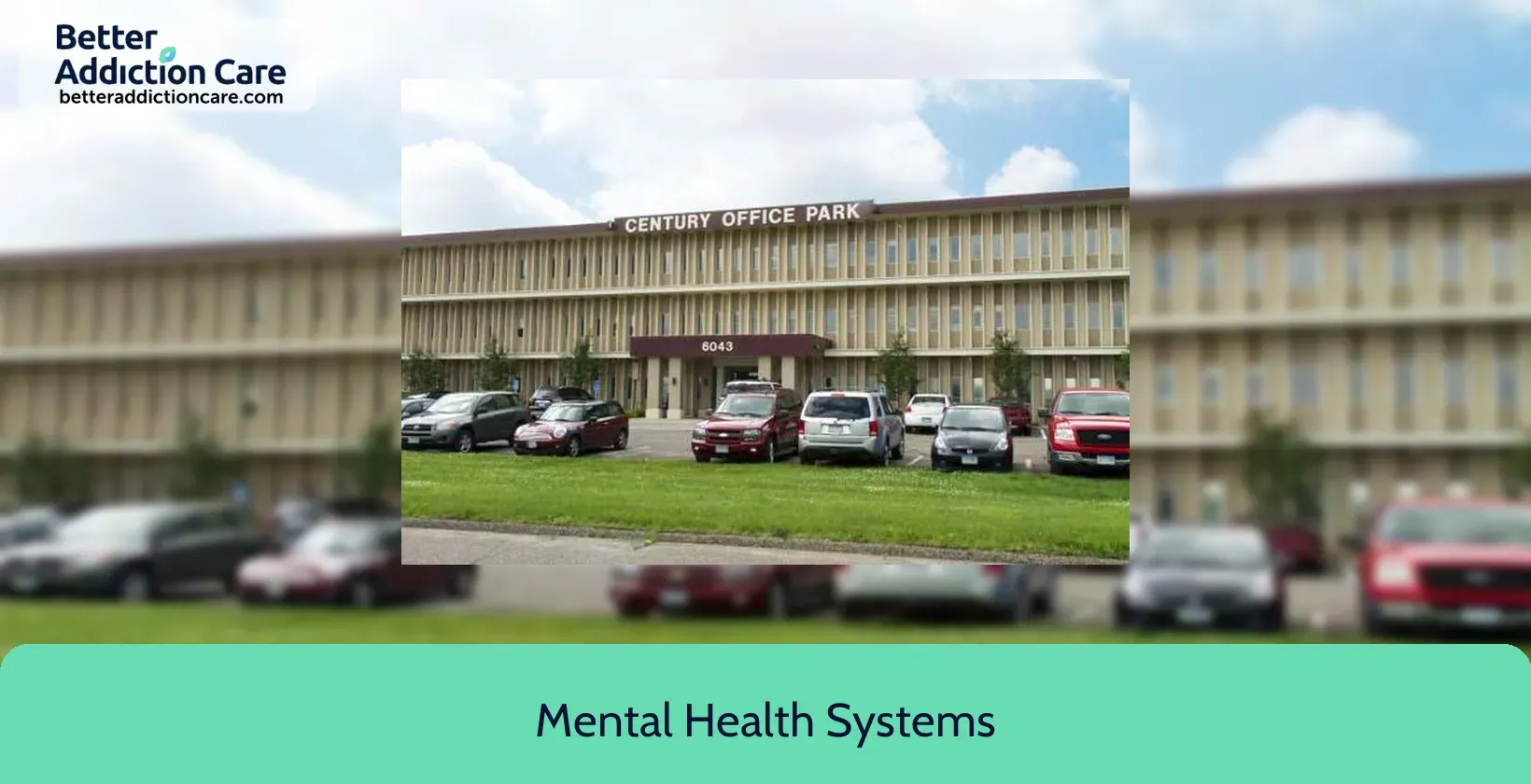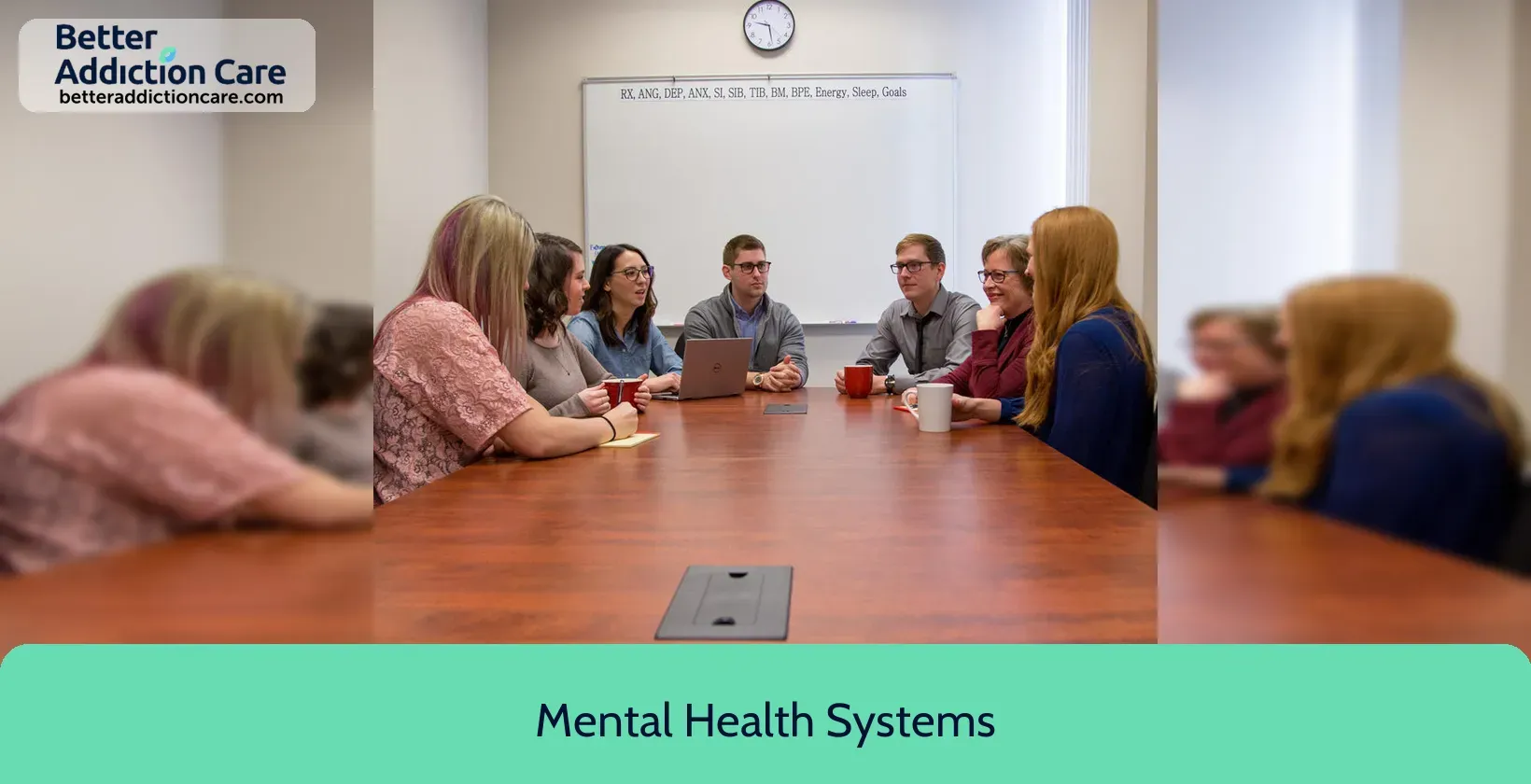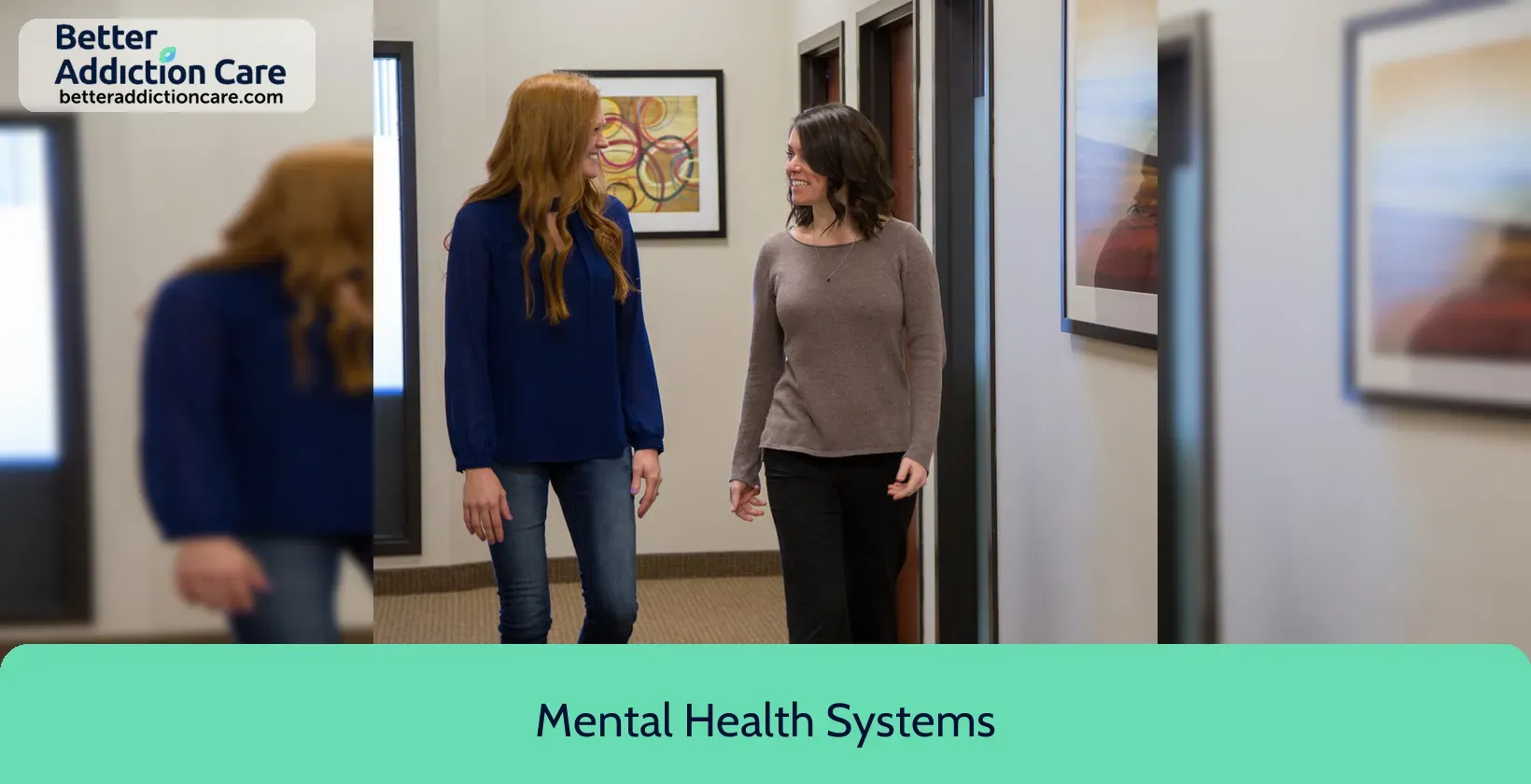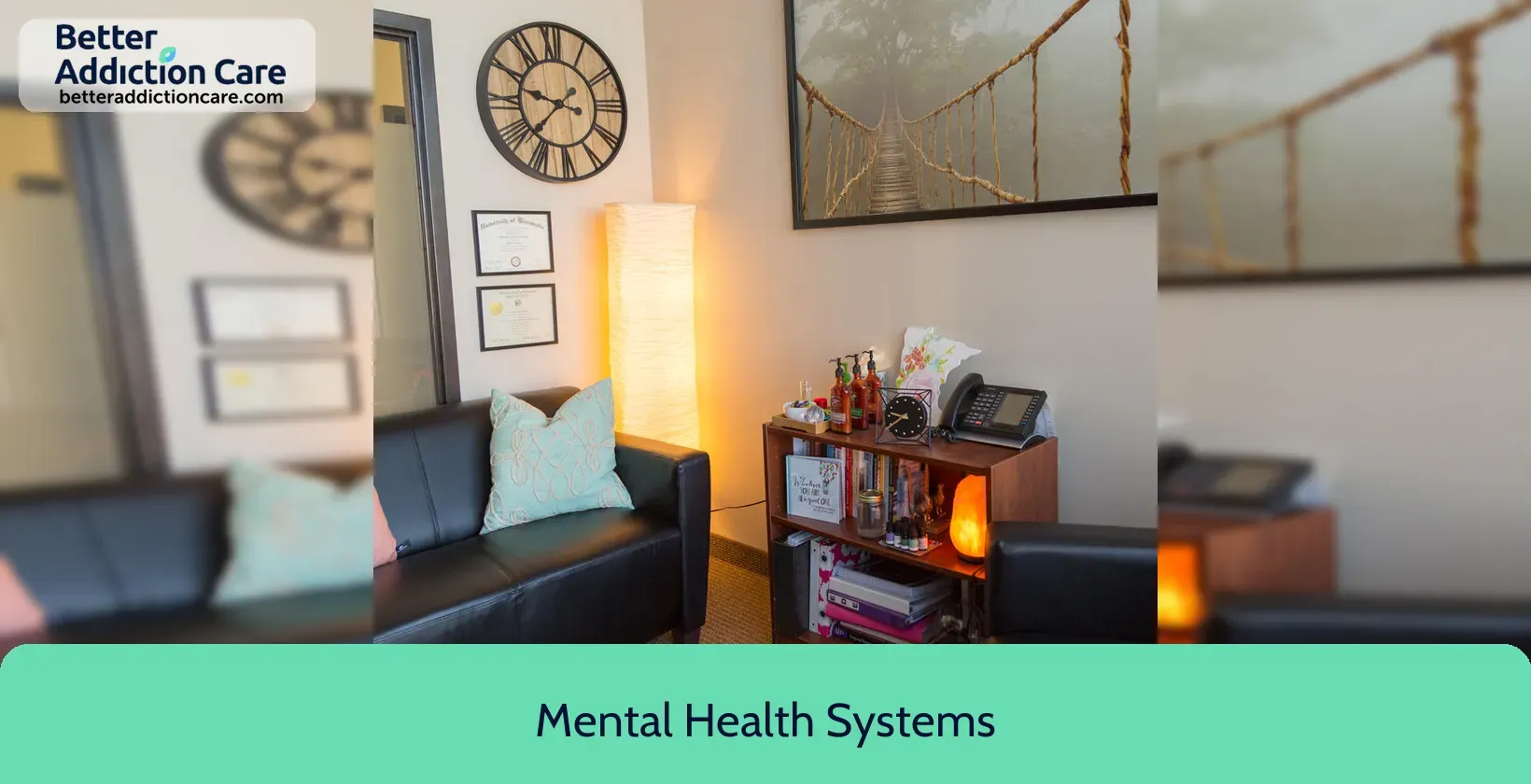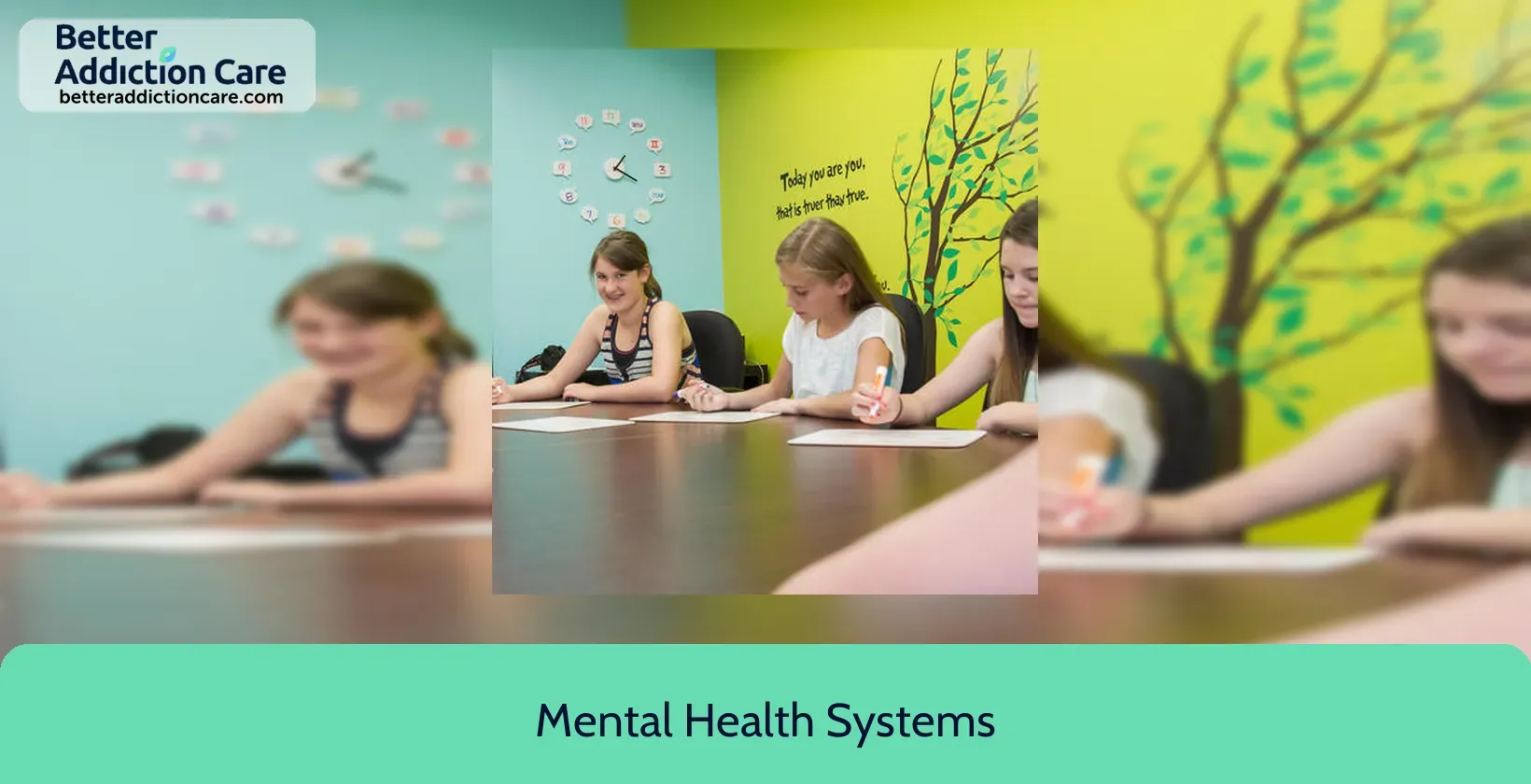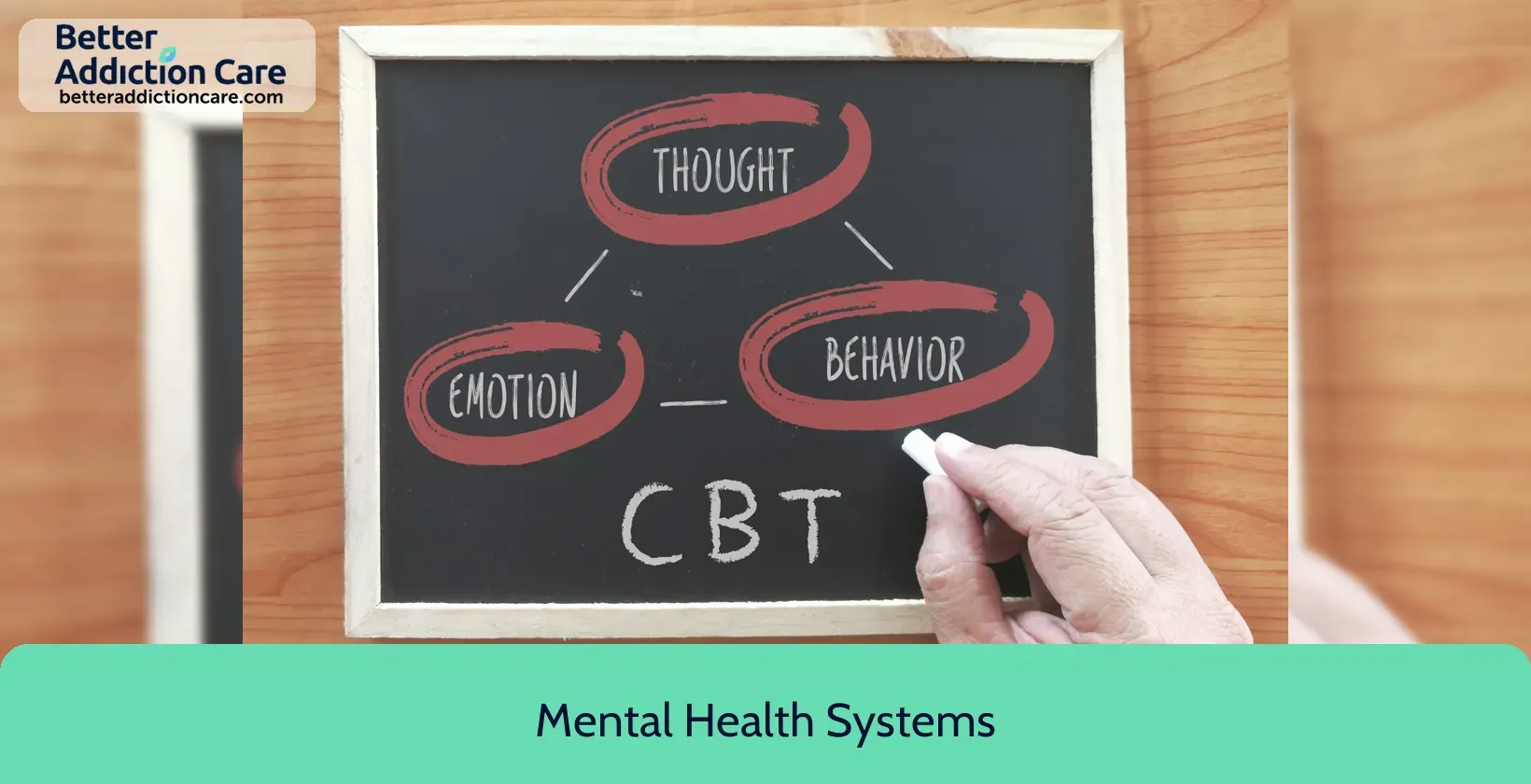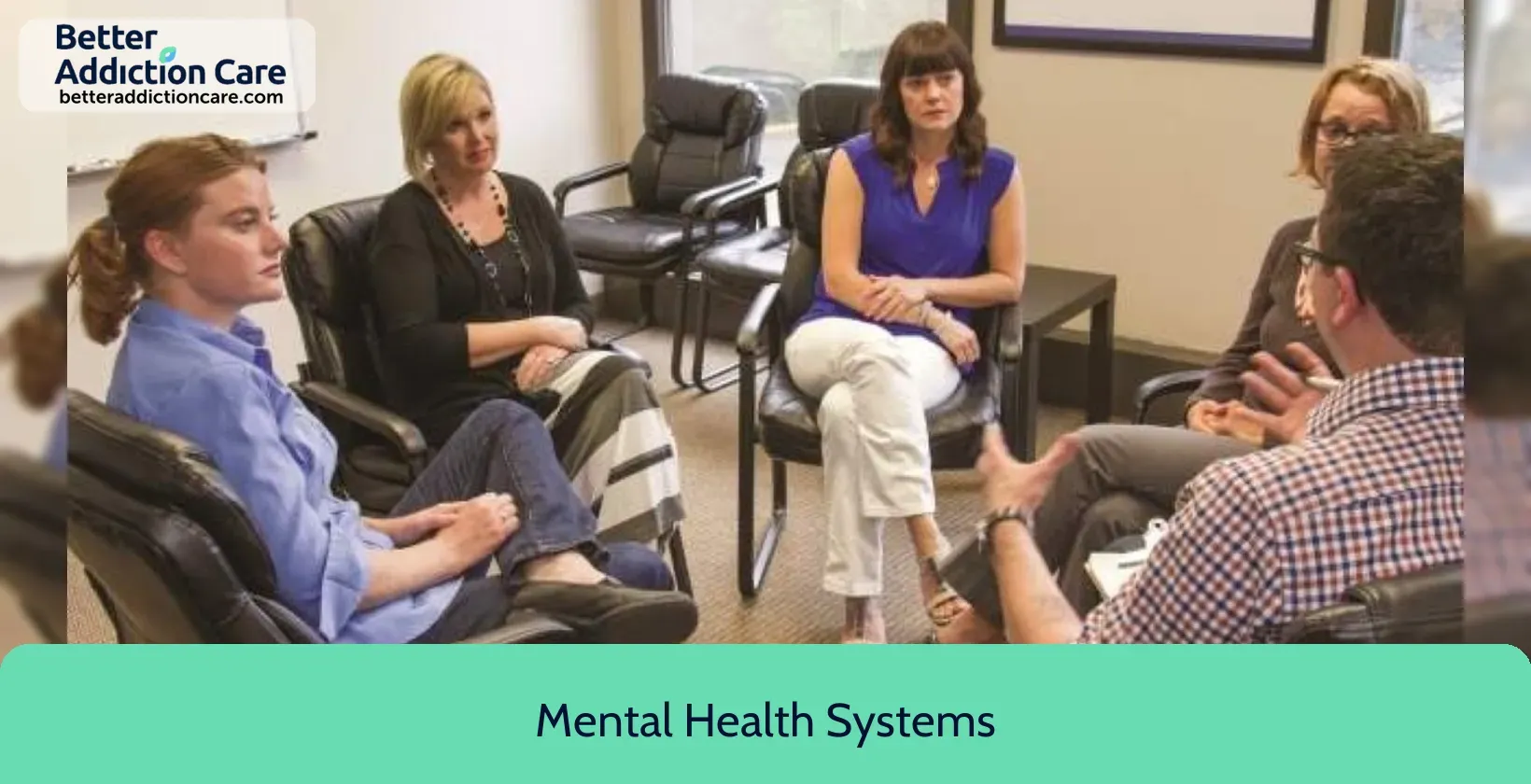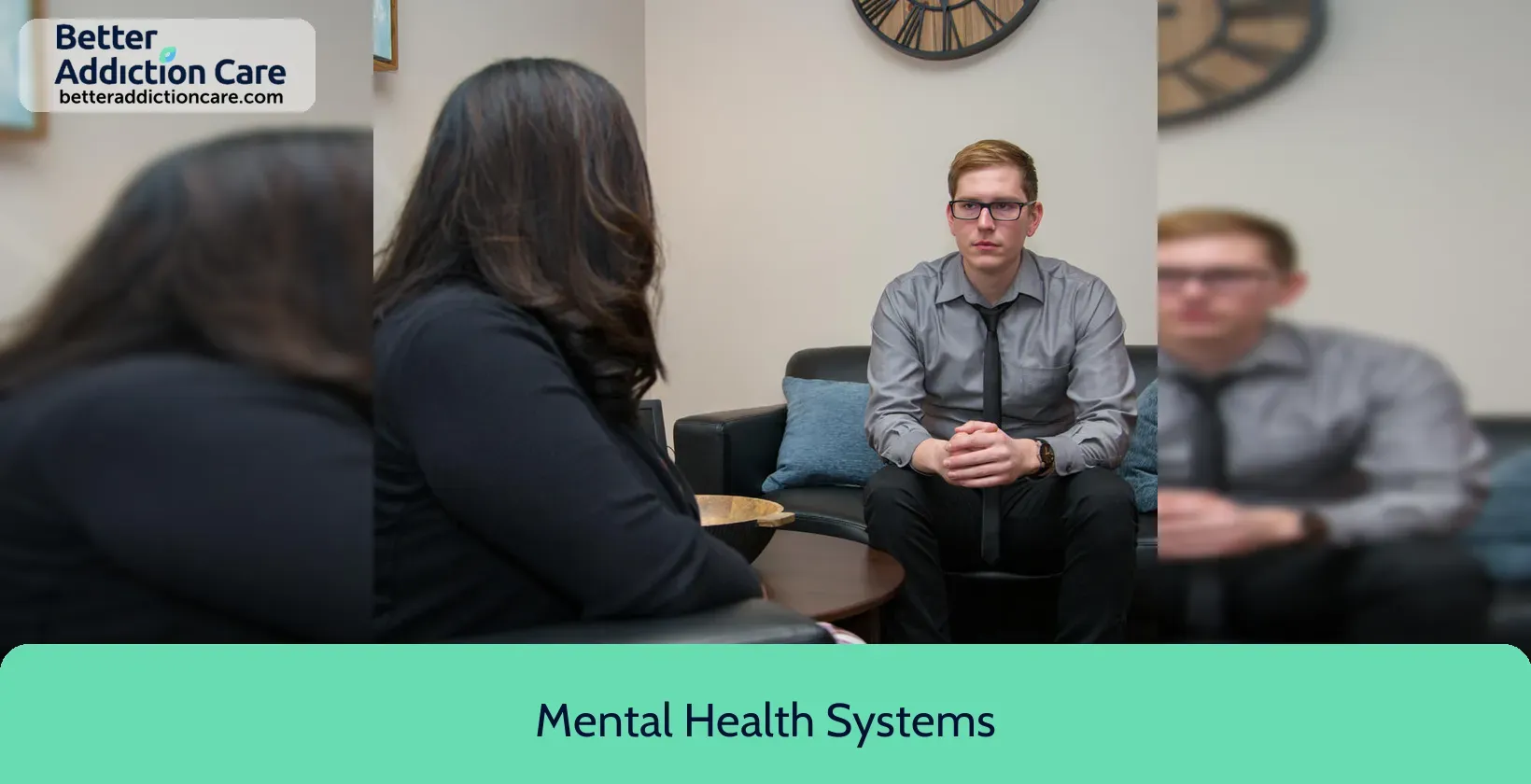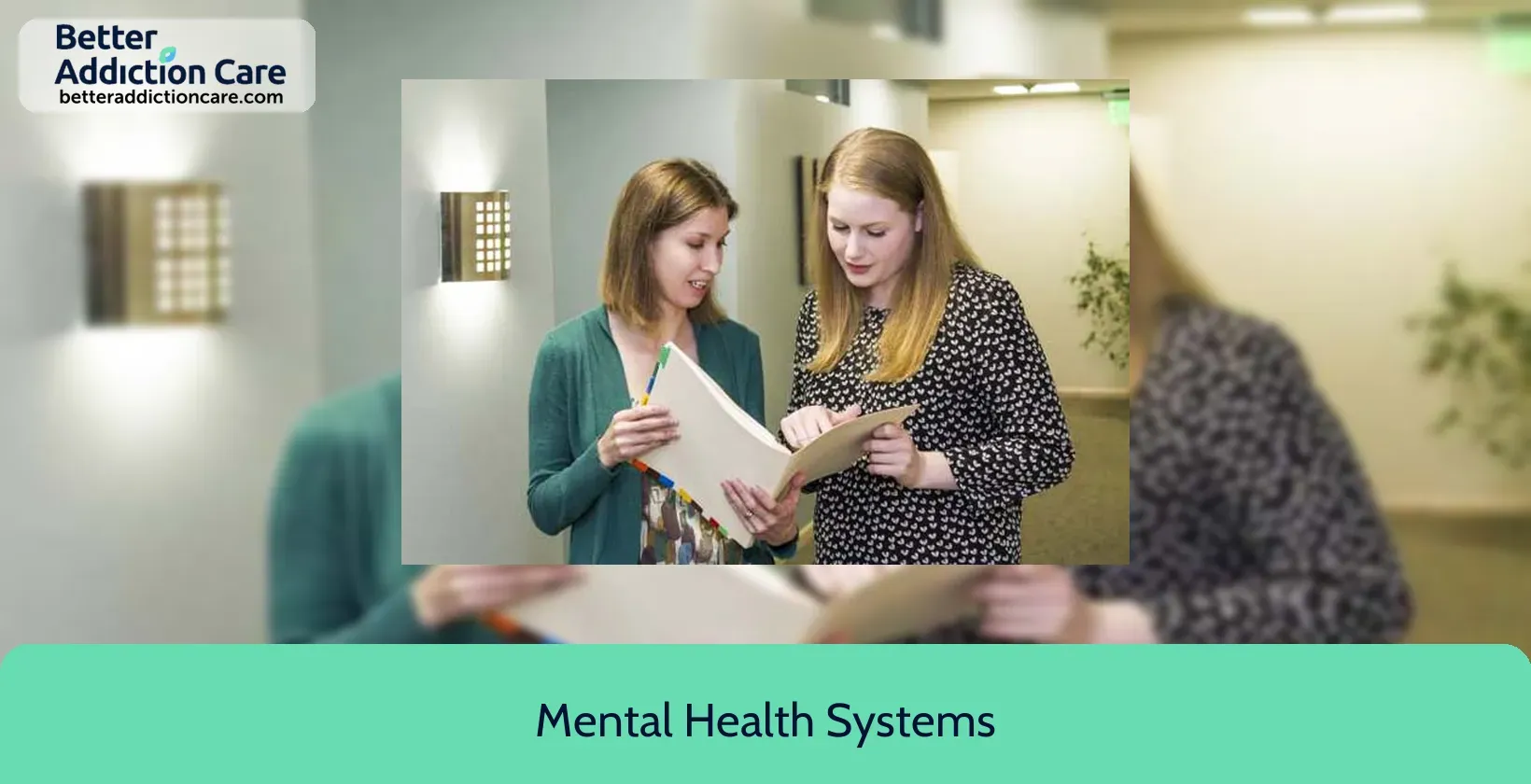Mental Health Systems
Overview
Mental Health Systems is a substance abuse treatment center for people seeking treatment near Washington County. As part of their treatment modalities for recovery, Mental Health Systems provides cognitive behavioral therapy, telemedicine/telehealth therapy, and substance use disorder counseling during treatment. Mental Health Systems is located in Saint Paul, Minnesota, accepting cash or self-payment for treatment.
Mental Health Systems at a Glance
Payment Options
- Cash or self-payment
- Medicaid
- Medicare
- State-financed health insurance plan other than Medicaid
- Private health insurance
Assessments
- Comprehensive mental health assessment
- Comprehensive substance use assessment
- Interim services for clients
- Outreach to persons in the community
- Screening for mental disorders
Age Groups
- Young adults
- Adults
Ancillary Services
- Suicide prevention services
- Mental health services
- Social skills development
Highlights About Mental Health Systems
7.03/10
With an overall rating of 7.03/10, this facility has the following balanced range of services. Alcohol Rehabilitation: 8.00/10, Treatment Options: 7.46/10, Insurance and Payments: 6.67/10, Drug Rehab and Detox: 6.00/10.-
Alcohol Rehabilitation 8.00
-
Treatment Options 7.46
-
Insurance and Payments 6.67
-
Drug Rehab and Detox 6.00
Treatment At Mental Health Systems
Treatment Conditions
- Alcoholism
- Mental health treatment
- Substance use treatment
- Co-occurring Disorders
Care Levels
- Outpatient
- Intensive outpatient treatment
- Aftercare
Treatment Modalities
- Cognitive behavioral therapy
- Telemedicine/telehealth therapy
- Substance use disorder counseling
- Trauma-related counseling
- Group counseling
Ancillary Services
Special Programs
- Clients with co-occurring mental and substance use disorders
- Clients who have experienced trauma
Get Help Now
Common Questions About Mental Health Systems
Contact Information
Other Facilities in Saint Paul

7.03
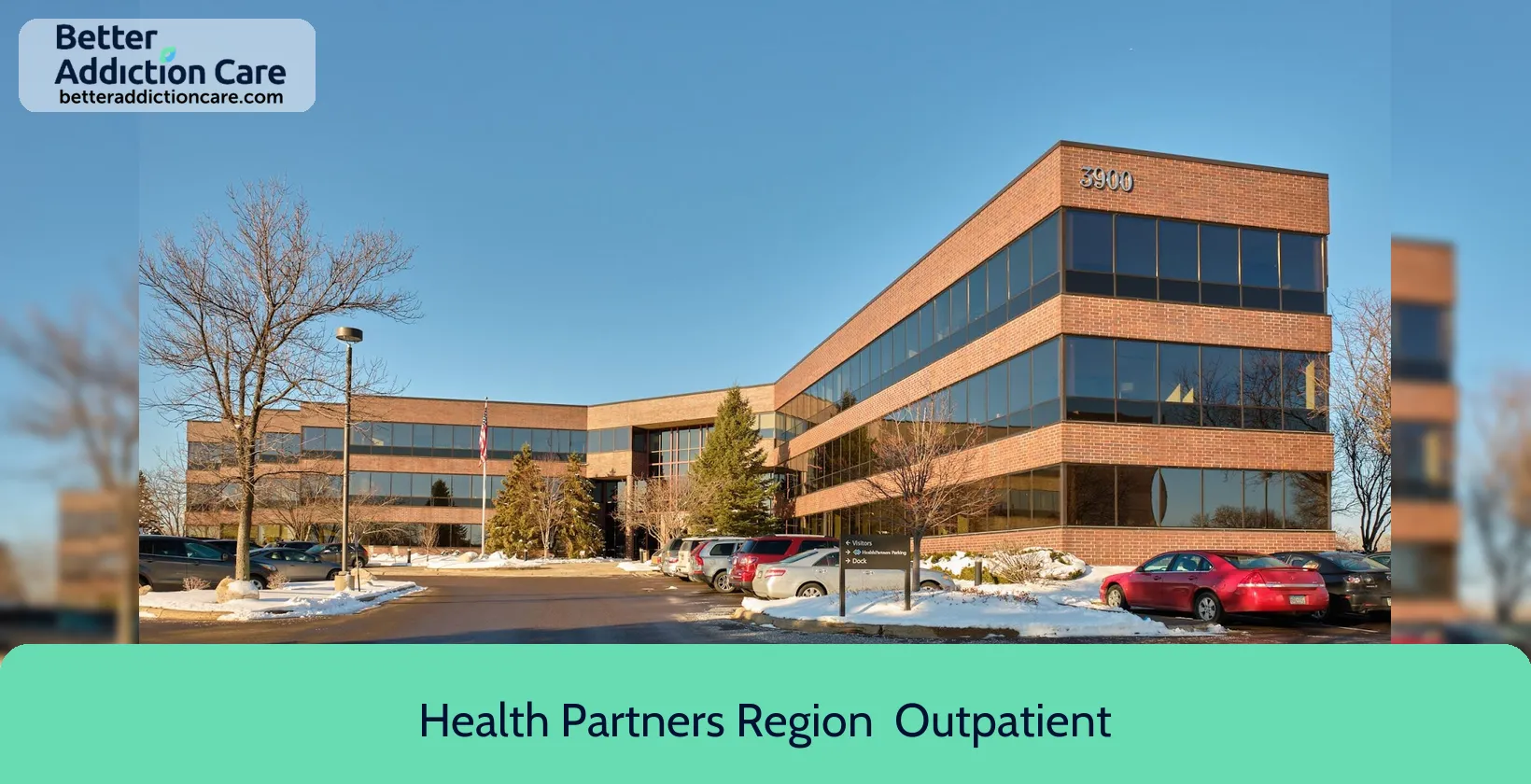
6.59
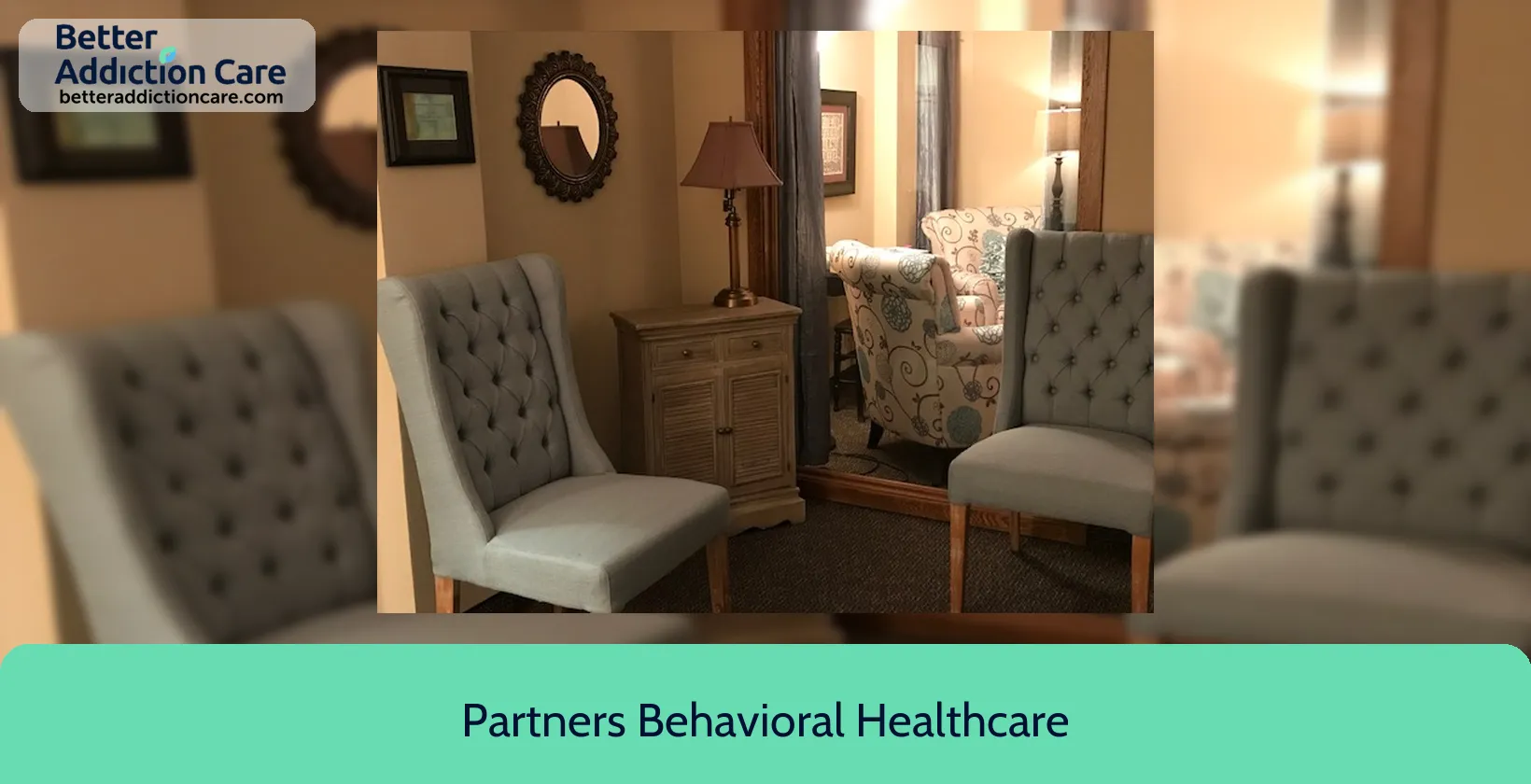
6.83
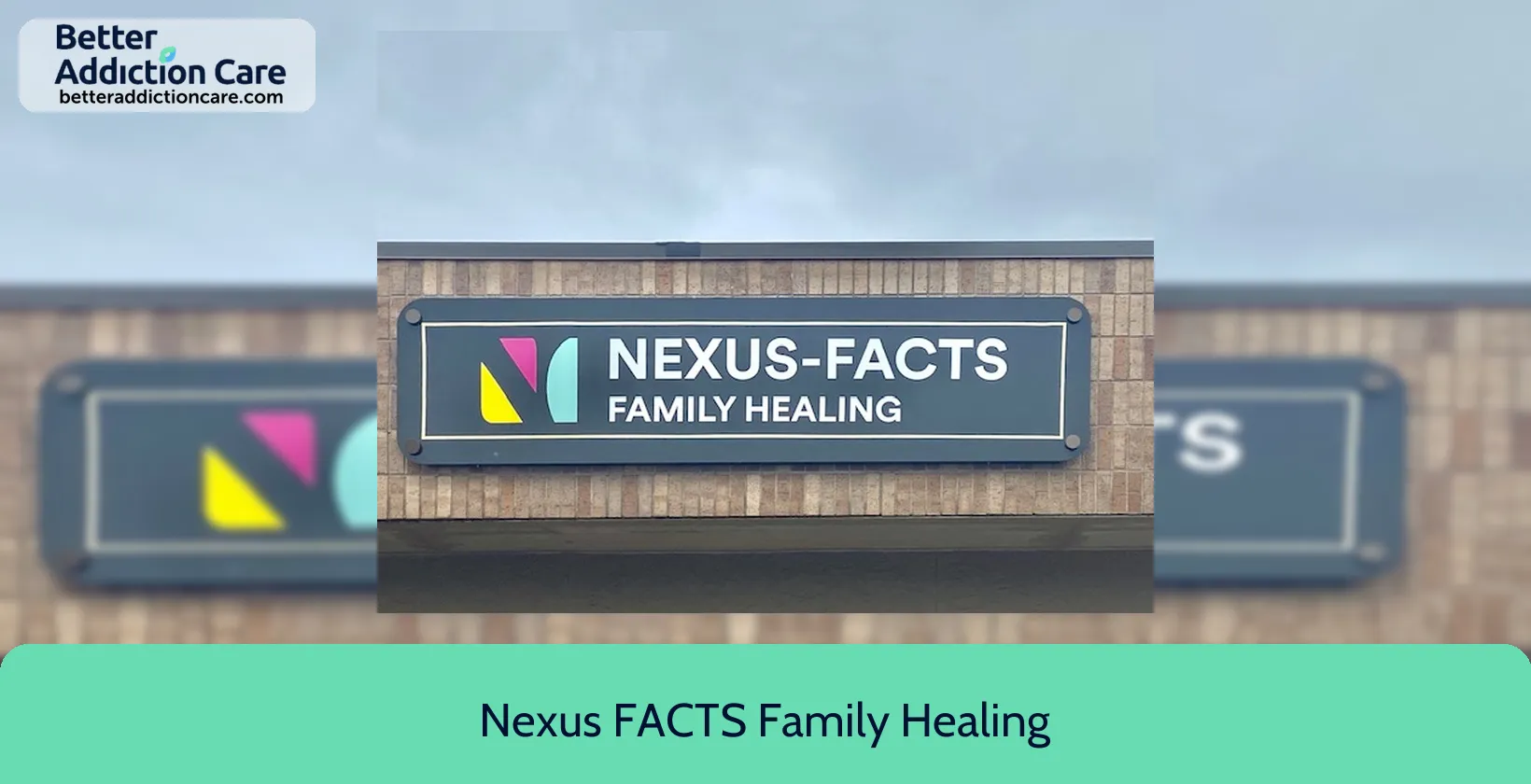
6.56
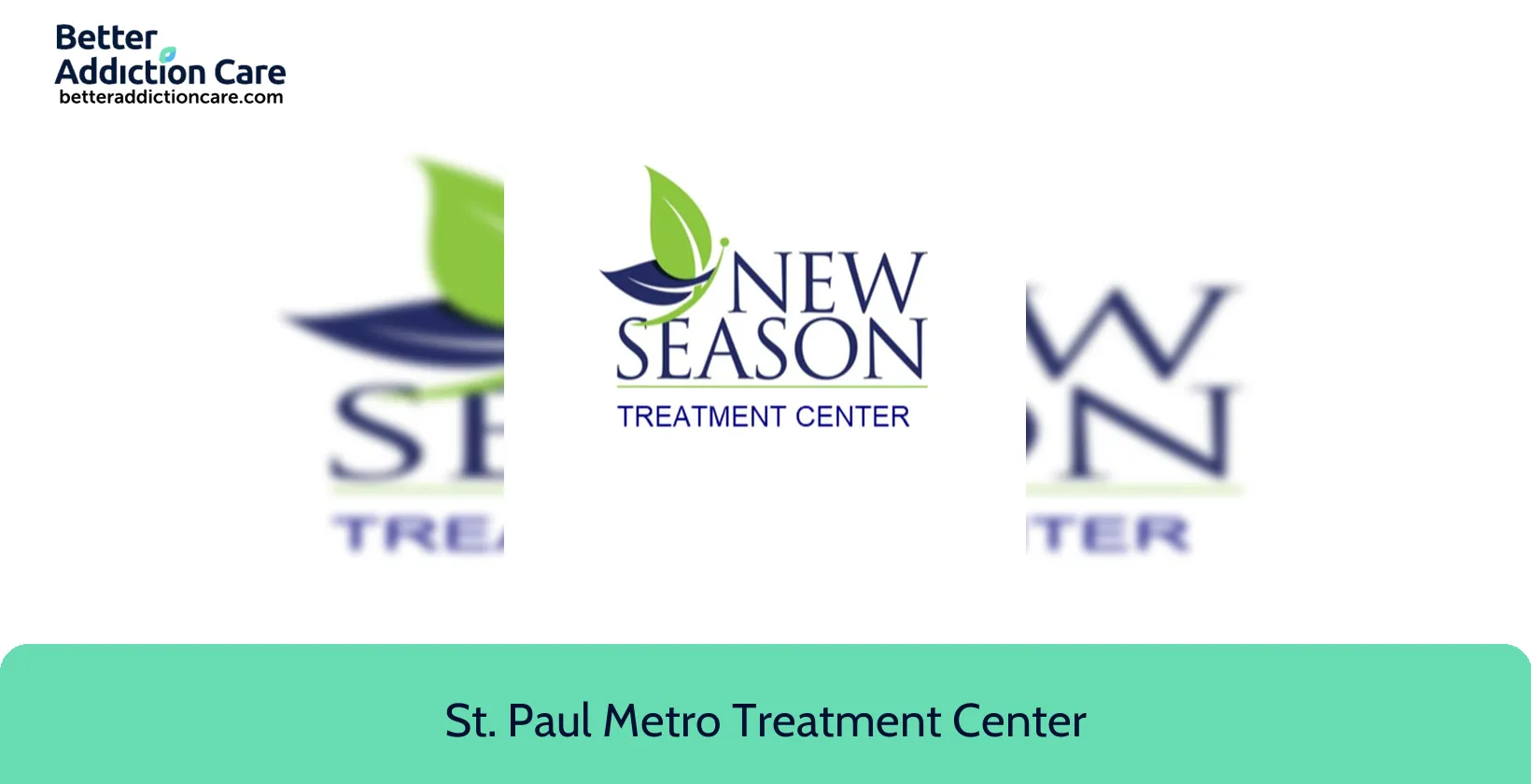
6.96
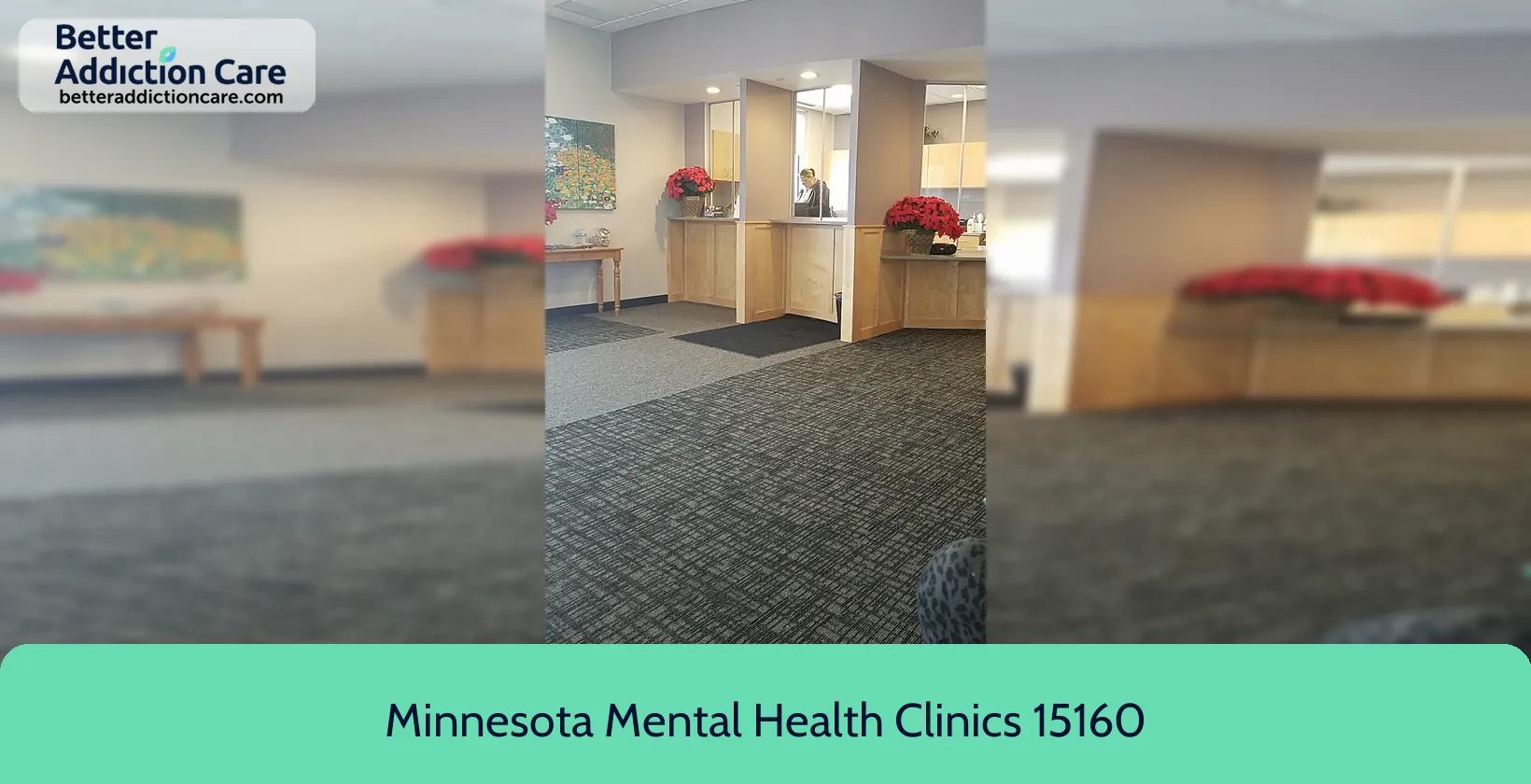
6.68
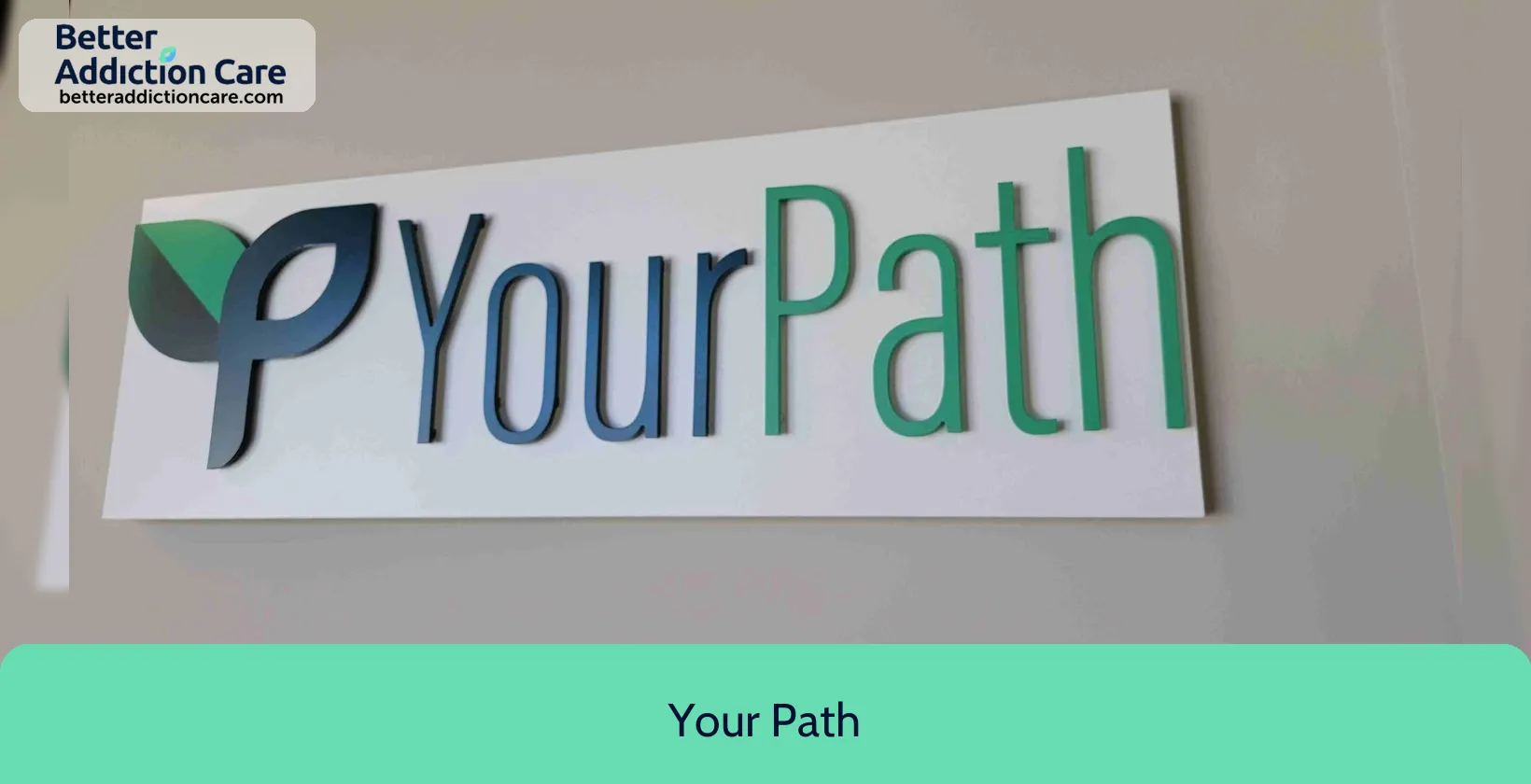
7.06
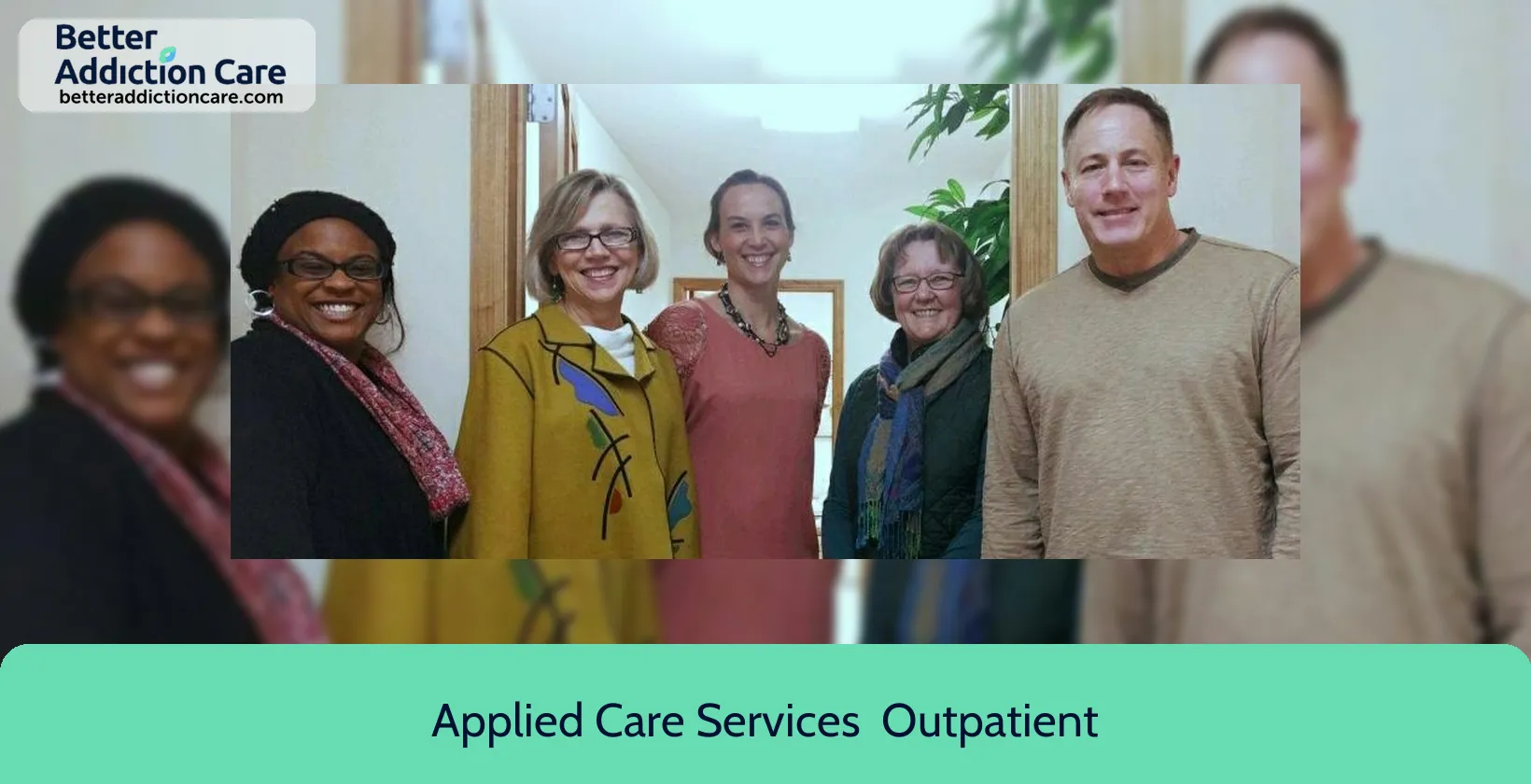
6.89
DISCLAIMER: The facility name, logo and brand are the property and registered trademarks of Applied Care Services - Outpatient Services, and are being used for identification and informational purposes only. Use of these names, logos and brands shall not imply endorsement. BetterAddictionCare.com is not affiliated with or sponsored by Applied Care Services - Outpatient Services.
